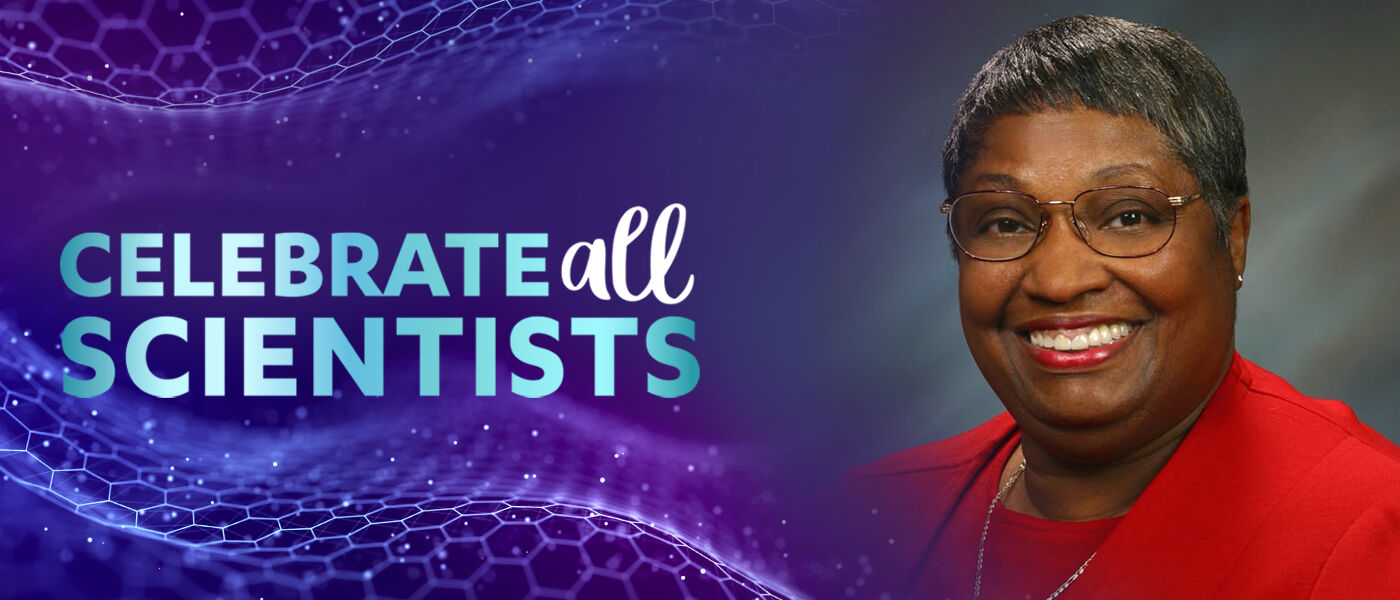Celebrate All Scientists: Dr. Alexa Irene Canady

February is Black History Month, and LSC celebrates Dr. Alexa Irene Canady, the first Black female neurosurgeon in the US.
In a groundbreaking achievement in 1981, Dr. Alexa Irene Canady became the first Black female neurosurgeon in the US and the inaugural female neurosurgical graduate in Minnesota. Throughout her educational journey and professional career, Dr. Canady encountered persistent challenges of subjugation and racism—yet she persevered.
Alexa Canady was born on November 7, 1950, in Lansing, Michigan. Her father practiced dentistry. Her mother was an educator actively involved in the United Negro College Fund and the Community Chest Board and was on the National Board of the YMCA. Her grandmother served as a professor at Lane College and her grandfather completed pharmacy school back in 1921—roles that were not common for Black Americans in that era.
After Canady graduated from high school in 1967, she went on to earn her B.S. degree from the University of Michigan in 1971 and her M.D. (cum laude) from the University of Michigan's College of Medicine in 1975. During medical school, her fascination with neurobehavioral science stood out as her favorite course. It was after witnessing neurosurgery firsthand through a family friend that Dr. Canady realized her life's calling. Reflecting on her path, she recalls: ”The greatest challenge I faced in becoming a neurosurgeon was believing it was possible.”
She encountered discouragement and other hurdles in securing an internship, but she eventually broke barriers by becoming the first woman and the first Black person to join the surgical intern program at Yale-New Haven Hospital in 1975. Dr. Canady completed her neurosurgery residency at the University of Minnesota, followed by a fellowship in pediatric neurosurgery at the Children’s Hospital of Philadelphia (CHOP), where her fellow physicians recognized her as one of the top residents.
At age 36, she assumed the role of Chief of Neurosurgery at the Children’s Hospital of Michigan, a position she held until her retirement. Reflecting on her profession, Dr. Canady expressed, “It is fun to make people better. The difficult diagnostic problems, which are intellectually interesting, as well as the technical issues. So I found neurosurgery a pure joy.”
In retirement, Dr. Canady continues to encourage young women to pursue careers in medicine, specifically in neurosurgery. Her powerful message resonates: 'If you aspire to be something, you must believe that achieving it is within the realm of possibility.'"
This post was written by Rosa Catala-Steidle, Director of STEM Innovation at LSC. She studied Early Childhood Education in college. Her favorite exhibit at Liberty Science Center is Microbes Rule!
